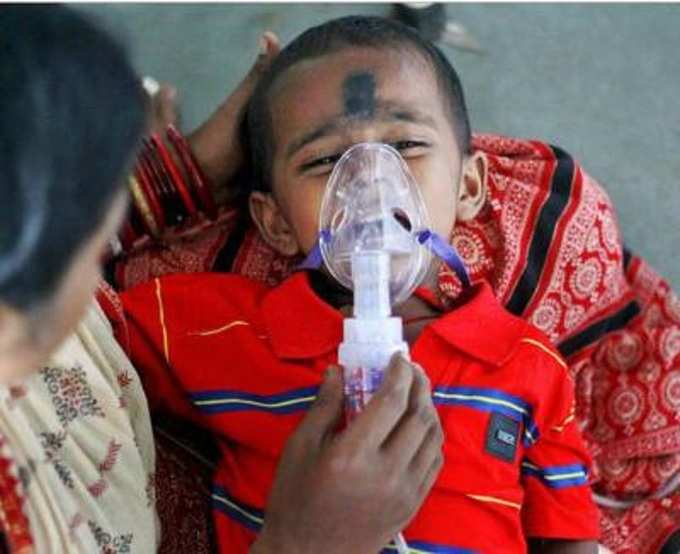 Being able to bear the cost of critical illness drugs is still a big issue in India. Biosimilars (approved version of complex biological drugs) and other life saving drugs have had a little reduction in prices over the years. Even the government hasn’t taken any big measures to bring the price down.
Being able to bear the cost of critical illness drugs is still a big issue in India. Biosimilars (approved version of complex biological drugs) and other life saving drugs have had a little reduction in prices over the years. Even the government hasn’t taken any big measures to bring the price down.Notably, ceiling prices are fixed by
"Given this methodology, wherever the innovator has had an almost monopoly position, the price reduction before and after price control has not been significant. Therefore, given the same methodology being in force, a ceiling price revision after two years can be expected to bring about a further reduction consequent to more players participating in the market and offering products at competitive prices. Ceiling prices help focus on competitiveness, and also facilitate growth of the market, driven by greater affordability for patients," K V Subramaniam, president and CEO,
In many cases, innovator price and ceiling price are very similar indicating the methodology which is based on average MRPs of the brands and is faulty, according to industry experts.
"The system devised by NPPA of fixing prices encourages companies to artificially keep prices high, and hence, works against patients and consumer interests, leaving essential
"The cost of biosimilars needs to be viewed in the context of global prices of these expensive biologics which are being provided in India at a fraction of their original cost. The cost of developing a biosimilar ranges between $50-150 million in comparison to a generic which costs around $3-5 million. The scale-up of manufacturing is extremely difficult and expensive unlike small molecule generic. In such a scenario, it will not be fair to expect a price fall in the range witnessed in small molecule generics. More importantly, companies offer further discounts for bulk orders through tenders which makes them cheaper than the ceiling price as well," Kiran Mazumdar Shaw, CMD,
Many countries like the US are now persuing legislation which will force companies to either disclose their R&D cost or explain pricing. This would be really helpful in making the pricing transparent.
However, there is a section which feels that price control alone cannot improve access. "Competitive pricing, local production and compulsory licensing will drive down prices", says
(image: indiatimes)
